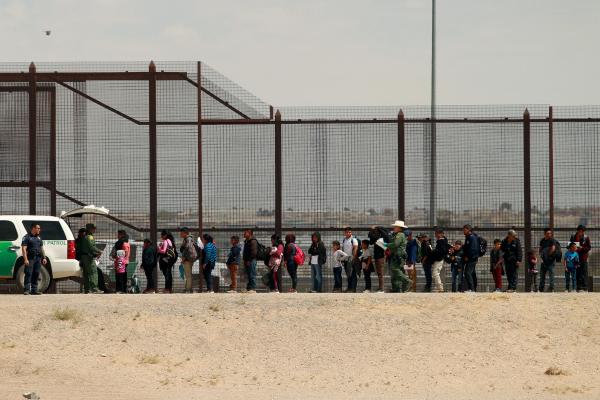Apr 15, 2019
In June 2018, the Trump administration issued a “zero tolerance” policy in an effort to deter migrants, a majority from Central America, from entering the U.S. The policy resulted in the separation of nearly 2,800 immigrant children from their families at the U.S.-Mexico border in a little over a month.
Read the Full Article

Already a subscriber? Login
